|
Hello! I am Plymouth's first ever Business Manager! I’m honored to be here and blessed by the hard work of so many volunteer quality-hardworking treasurers from the past. Today’s reflection comes from a place near and dear to my heart, and is inspired by the beautiful body of active and engaged members/volunteers here at Plymouth. My husband and I keep bees. If you know an active beekeeper at this time of year they could probably use a hug of encouragement. This is a busy time of year! I keep bees as a spiritual-physical practice. We began keeping bees out of a commitment to their well-being and ownership of the negative environmental impact of humans. What has become evident in this practice of beekeeping is that their faith fills my soul. The bees work together and they work hard! Each bee rarely benefits directly from its work. The pollen it gathers will not be its food. The babies it cares for are not its own. Yet, it is fulfilled in its purpose. Its purpose is its offering. My favorite kind of bees are called fat bees or heater bees. I call them cloistered nuns. They live a life of sacrifice. Sometimes, they never leave the hive for a spin. They might never know the pleasure of the flower dance or pollen collecting. Instead, they live their entire lives inside the hive flapping their wings to maintain a constant temperature. This heat sustains the queen over the winter so that the cycle of gathering pollen and honey making can begin again in the Spring. The heater bees existence is faith-filled and points to the future and the success of the hive. The heater bees are confident that what they are doing will protect and keep the colony alive. Yet, they won’t get to see the evidence of their faith. As the weather warms up their lives are over and new bees replace them. It is the spring bees that get to partake in the bounty, gather the pollen and make the magic of honey. Since honeybees are not doing well, scientists have tried to replicate the properties of honey and have been unable to do so. There is magic in their bodies that comes out in the wax, bee pollen and honey they create. The protein and nutrients that are created with their bodies is a miracle. Shifting my mindset happens when I serve and think above and beyond myself. It centers and grounds me into the larger picture. I don’t always know what God is up to, but I do know that God is a caring God, and from the beginning asked me to care for creation. I can be confident in my gifts and be faithful in them. It is in this way that I embody my created self. I love that when I care for the bees, I get out of my head and work harder than I want. When I have taken care of the bees well and I rest from exhaustion, it feels really good. It feels like I have entered into the sacred dance of sacrifice for another and I am a part of their story. I am helping them fulfill their purpose. I am speaking to the fact that I haven’t given up on this earth. I still believe in redemption and restoration-even if I don’t see it in my lifetime. It is my active prayer that increases my faith. In working with the bees, together our amplified faith opens us up to God’s magic. AuthorYendra Tencza is Plymouth's Business Manager. Read more about her here. Once there was group of well-intentioned Americans visiting the Moroccan city of Tangiers. They went to the famed Casbah to see the market there and to buy brass pots.
Now the merchants in that place have a particular way of bargaining. When they are trying to settle a price with a customer they step close to the person so that they may exchange breaths with them. Each time a merchant stepped close to one of the American tourists, the tourist grew nervous and stepped back. So the merchant stepped closer. It became a dance with two frustrated partners. The merchant stepped closer; the tourist stepped back. Finally the American tourists were so uncomfortable and angry they fled to their bus. This enraged the merchants because they considered the tourists rude and disrespectful. Their practice was to come to some sort of agreement on a price -– even if it was to agree to disagree -– before they parted ways. They followed the Americans angrily to their bus where they proceeded to shout at them and spit on the bus. There was one woman among the group of tourists who had not been afraid to bargain with the merchants in their way. When the merchant stepped close she stepped closer. She joined the dance in a different way. And eventually she bought a brass pot for a very good price. As she headed back to the bus she saw that she was the last tourist to return. She saw all the angry merchants shouting at the bus and spitting. Not knowing what had happened, she wondered how she would be able to get through the angry crowd. As she neared the bus, the merchants turned as if to begin shouting at her. But from the back of the crowd came a voice -- the voice of the merchant who had successfully sold the woman the pot –- “No, no! She’s all right! She is one of us!” And the crowd parted for the woman to join her group. In John 14, Jesus says to his disciples at their last supper together, “Peace I leave with you; my peace I give to you. I do not give to you as the world gives. Do not let your hearts be troubled, and do not let them be afraid.” “Peace I give, my peace,” says Jesus; and by implication, this is not the peace the world gives. Are there different kinds of peace? The peace of the world in the late first century when the gospel of John was written was the peace of the Roman Empire, a peace achieved through conquering other peoples, peace achieved through war, peace achieved through all people following the right laws and the right ruler, the Emperor. This is not the peace of Jesus. Jesus’ peace was God’s peace, peace through compassion and love, peace even in the midst of conflict and persecution. God’s peace crosses the boundaries of otherness between peoples and nations. God’s peace builds bridges in relationships. It is empowering power, power that works in and through people to bring justice to those who have been oppressed and marginalized. God’s peace crosses boundaries without diminishing or destroying human dignity and integrity. God’s peace enabled the woman in the story above to step closer the merchant, to enter into his ways, though they were new and strange to her. God’s peace empowers us to step outside our comfort zones to experience someone we may think of as “the other” with welcome and grace. Pay attention this week! Where are you called to step closer, to bridge a gap, to enter a new space or relationship and discover God’s peace? Blessings on the journey, Jane Anne On Friday evening and Saturday, a half-dozen members of Plymouth trekked down to St. John’s Episcopal Church in Boulder for a workshop with the renowned Canadian-Scots cleric and scholar, John Philip Newell. And I am thrilled to let you know that he will be with us at Plymouth this time next year! (Hold the evenings of May 12 and 13, 2020.) I am really glad to bring a taste of our 2016 Scotland Pilgrimage to Plymouth! Our Celtic Christianity groups certainly know John Philip’s work, like Listening for the Heartbeat of God and Celtic Prayers from Iona, and if you’ve worshipped with us at 6:00, you’ve sung his version of the Lord’s Prayer, which begins, “Ground of all being, Mother of life, Father of the universe, your name is sacred.” His is one of the principal voices of the resurgent movement that explores Celtic Christianity. I was curious about what “Celtic Consciousness” means…because the ancient Celts were, in fact, unaware of their Celticity in the same way that Bach was unaware of his Baroqueness! For John Philip, there are two strands of late classical/early medieval Christianity in the west: Celtic Christianity and Imperial Christianity. “Celtic Consciousness” is what survives in the former. Celtic Christianity developed on the western fringe of Europe from Galicia to Brittany to Wales to Ireland to the Isle of Man to Scotland. It interpreted Christianity in continuity with the earth-based indigenous religions encountered by the Christian mission. (St. Columba of Iona even said, “Christ is my druid.”) It recognized the inherent goodness of life, including human life, as created in the image and likeness of God. Imperial Christianity, made the official religion of the Roman Empire in 380 AD, created and enforced doctrine that perhaps had as much to do with control as with anything having to do with the teachings of Jesus, including the doctrine of original sin…the idea that humanity is, at its core, sinful, and that it can only find redemption through Christian adherence. I don’t want to spoil any secrets, but there are a few choice things John Philip said: “‘Born again’ has been hijacked, and we need to reclaim that phrase.” “Original sin is a Christian problem, not a Jewish problem. And Jesus was a Jewish rabbi.” “Our work is to speak from a place of humility and from our own deep knowing and to listen to others’ deep knowing.” “Empire does not want humans to be reminded that God is at the heart of every human being, otherwise it would be difficult to oppress them.” “God’s grace is not to free us from our deepest nature, but to help us embrace our deepest nature.” “We are birthing a new Christianity… are we willing to endure the birth pangs?" If you’d like to learn more about John Philip or Celtic Christianity, try one of our two Celtic Christian Spirituality Groups when they reconvene in the fall, at 8:00 a.m. on Wednesdays or 9:00 a.m. on Tuesdays. And you can find his books here on Amazon. Springtime Blessings! AuthorThe Rev. Hal Chorpenning has been Plymouth's senior minister since 2002. Before that, he was associate conference minister with the Connecticut Conference of the UCC. A grant from the Lilly Endowment enabled him to study Celtic Christianity in the UK and Ireland. Prior to ordained ministry, Hal had a business in corporate communications. Read more about Hal. Last week, I joined with a group of Plymouth volunteers to go down to Sebring, Florida, to help with Hurricane Irma Habitat for Humanity rebuilding efforts. I was honored to accompany Plymouth volunteers dedicated to making a difference while grounded together in prayer and Spiritual Practices. What a gift and a blessing it is to be one of your members of the clergy! This was our first official team to go on an “International Build.” It was made possible by the Ministry Team leadership of Lynn Wartgow and Bruce Lieurance. As the last officially scheduled visiting volunteer group to go to this Central Florida location before the autumn (when it cools off again), we felt an increased sense of purpose and persistence. Painting and flooring a house built on a “floating foundation” in the sand was a new experience for our volunteers. More than anything, we learned about the ongoing need that sets into disaster impacted regions years after the initial rush of help comes. When the news changes subject and the national attention moves on from the initial impact of the storm, it is Habitat for Humanity that stays for the long haul…bringing with it the love of Christian community (open and accessible to all people) and missional vocation. At one point, everyone was taking turns looking deep in my eyes with sincerity and concern. You could say that this mission trip was eye opening. They say that the eyes are the widow to the soul, but it turns out it is also the way to detect a concussion! While getting in the van one morning, I aimed too high (carrying two cups of coffee, one in each hand) and hit my head hard on the door of the van. While there was no concussion after all, the world was spinning for a while that morning. The care I experienced touched me deeply and reminded me what church community is all about. Mission Trips, like this inaugural one with Habitat, both allow us to have a material impact in the world beyond our pews and town, but they also bring us closer together in care for one another. My ultimate reflection on this Mission Trip comes down to three phases: Home for All, Human Family, and Real Connection. That is why The Outreach and Mission Board and I hope that this trip to Sebring won’t be a stand-alone effort. We pray that it might be the catalyst that ignites our congregation sending more and more groups to go deeper in relationship with each other and the needs of others around God’s diverse world. Here are two additional reflections from Plymouth members who were on this Mission Trip for Adults: Lynn Wartgow, Habitat for Humanity Ministry Team Leader wrote: “I am so grateful for the group of eight wonderful people who joined me for the trip to Sebring. Everyone was incredibly positive, kind, timely, fun, hardworking and enthusiastic. I loved getting to know everyone and feel as if my extended family has just grown. Habitat building trips are a fabulous way to see new places, meet new people, provide a 'hand up' to a deserving family and have a bunch of fun at the same time.” And Vanessa Reed wrote the following, entitling it, Benefits of Working for Habitat: “At the age of 78, I have just gained a new family. No, I did not adopt or get married. I spent a week with eight people sharing, giving, and loving hard work. We traveled together to hot, humid Florida to work with Habitat for Humanity. Even though the work, a five-bedroom home for a mother of nine, was often repetitive with lots of walls to paint and floors to lay; there was nothing but laughter, sharing, hugs, and becoming aware of muscles we have not used in a long time. Hours of work to help this mother and her family become home owners and giving back to the community gave us all a deep feeling of satisfaction. We gained a sense of pride when the building manager said that he never expected us to complete so much work in such a short period of time. His praise sent us home to Fort Collins knowing we had made a difference in the lives of the people we did not know. Even more important than that, however, is that we created a new family with memories to never be forgotten.” With eyes wide open to the needs around us and the hope for transformation in and through community…let us be Church together. In Hope, Jake AuthorThe Rev. Jake Miles Joseph ("just Jake"), Associate Minister, came to Plymouth in 2014 having served in the national setting of the UCC on the board of Justice & Witness Ministries, the Coalition for LGBT Concerns, and the Chairperson of the Council for Youth and Young Adult Ministries (CYYAM). Jake has a passion for ecumenical work and has worked in a wide variety of churches and traditions. Read more about him on our staff page. At last Sunday's services, we experienced through the Taizé worship experience what I like to call a "quiet joy." It is an indication I have seen written in certain ethereal organ works I play also. For example, Tempo: Adagio, "In Quiet Joy." The term can challenge common impressions of musical affects. For example, is not a minor key always sad (d minor, naturally, the saddest of all...) and a slow tempo an oppressive dirge? Well then surely a tune in a major key at a brisk tempo must evoke happiness and the purest form of joy...right?! The truth is that there are many shades in between colored by our own subjective senses, of course. But I felt those in attendance at last Sunday's services truly experienced the "quiet joy": an Easter service internalizing the resurrection and what it means for our own lives. I leave you with the words of Scottish poet Robert Crawford in his poem "Quiet Joy." He has written extensively upon the link between science and religion and religious poetry. I find his words ring true in any context, secular and sacred. No Lethean ease, but such a mood as craves For naught in earth and heaven, just to breathe The simple air of our reality Like creatures of the season, — earthy, and Made for the earth, at one with all things here; So in the generation of ourselves To have the certainty of peace, and find The natural favour of our functioning Sufficient till the end ensue. Mark Heiskanen Director of Music/Organist AuthorMark Heiskanen has been Plymouth's Director of Music since September 2017. Originally from Northeast Ohio, Mark has experience and great interest in a diverse range of musical styles including jazz, rock, musical theatre, and gospel. He is thrilled to serve a congregation and staff that values diversity and inclusion in all facets of life. Read his mostly-weekly Music Minute here. |
Details
|
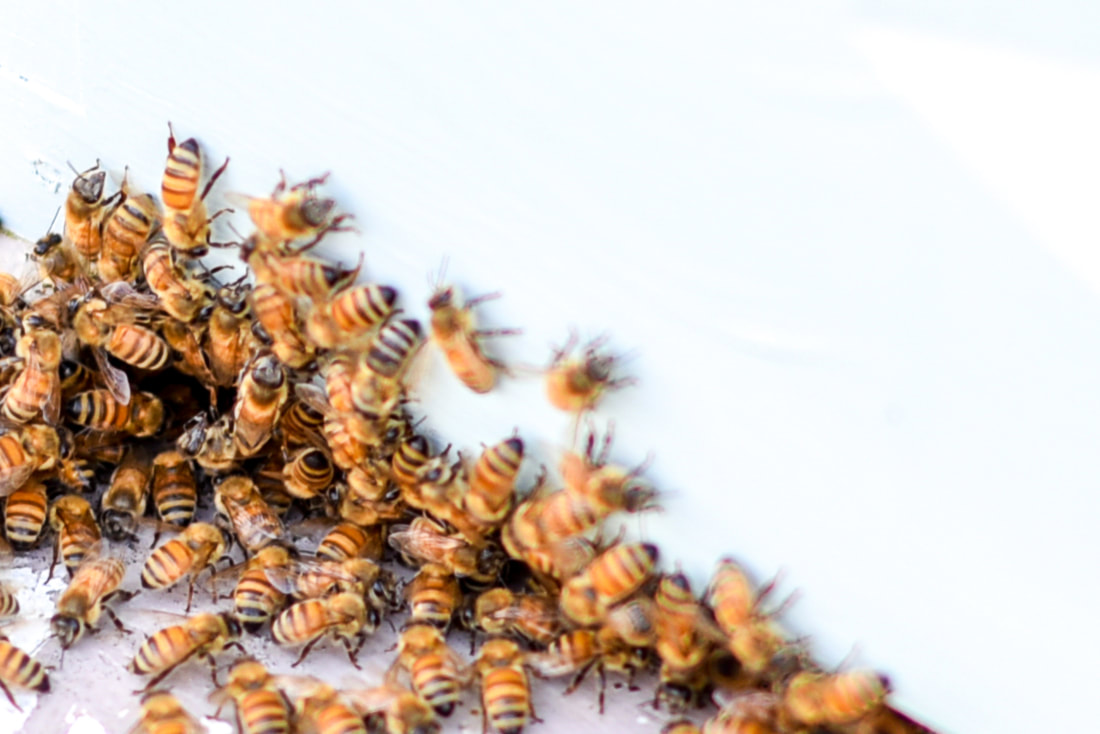
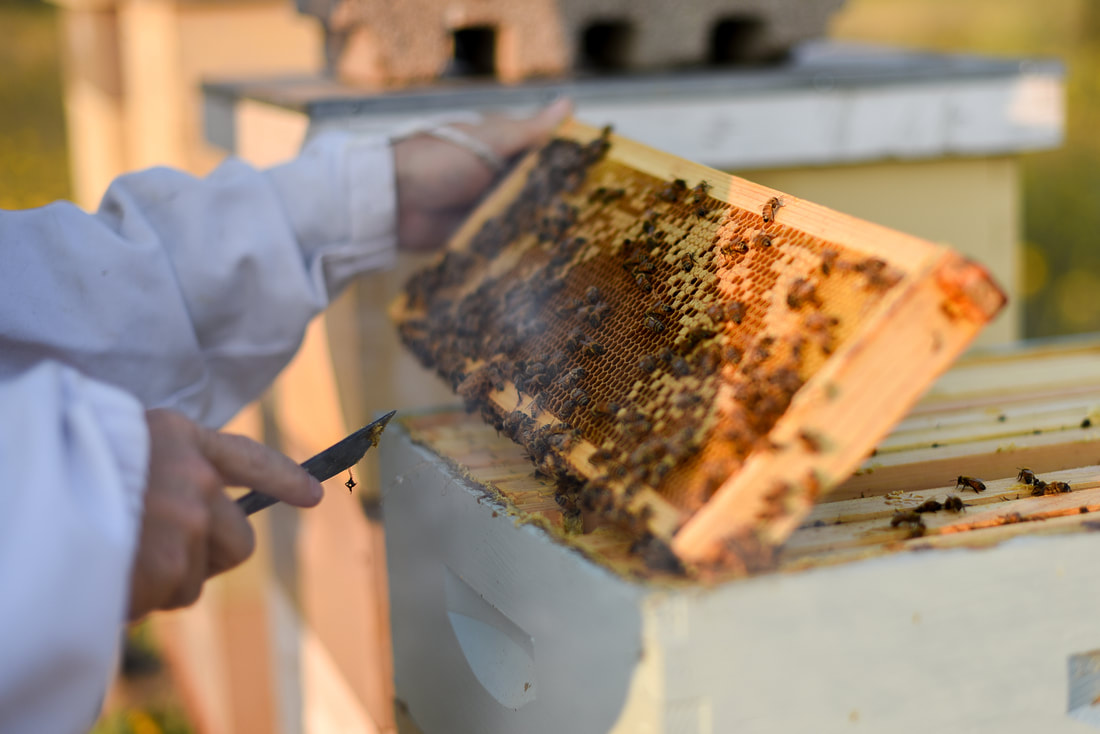
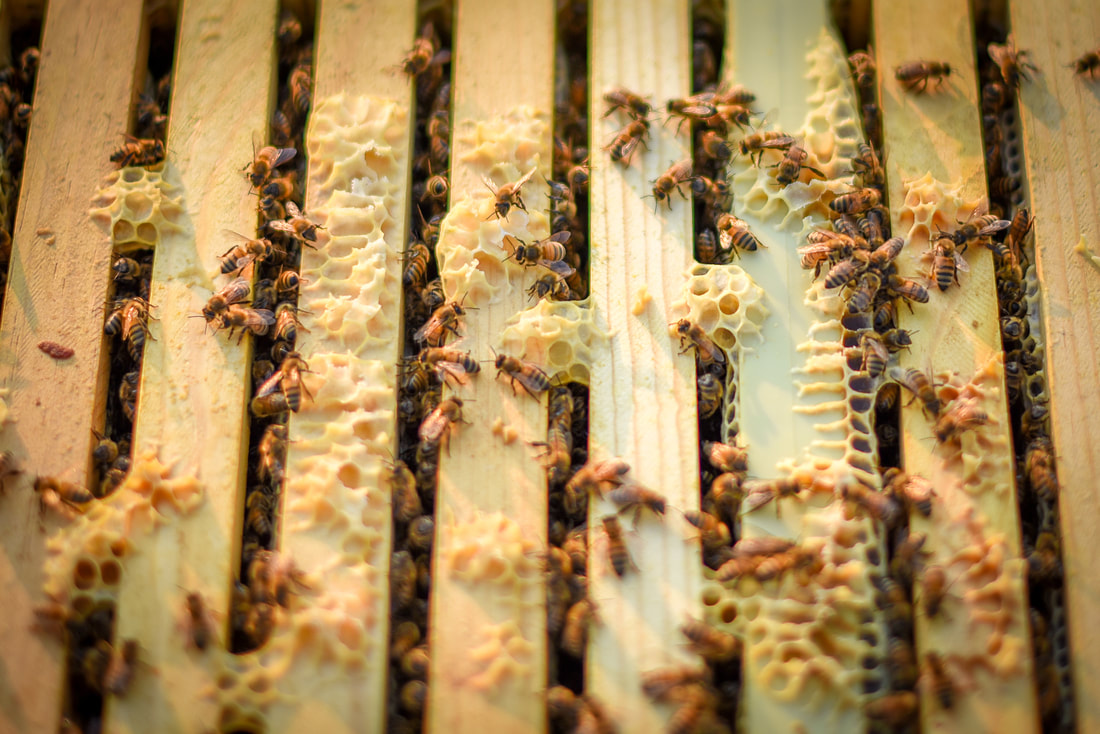
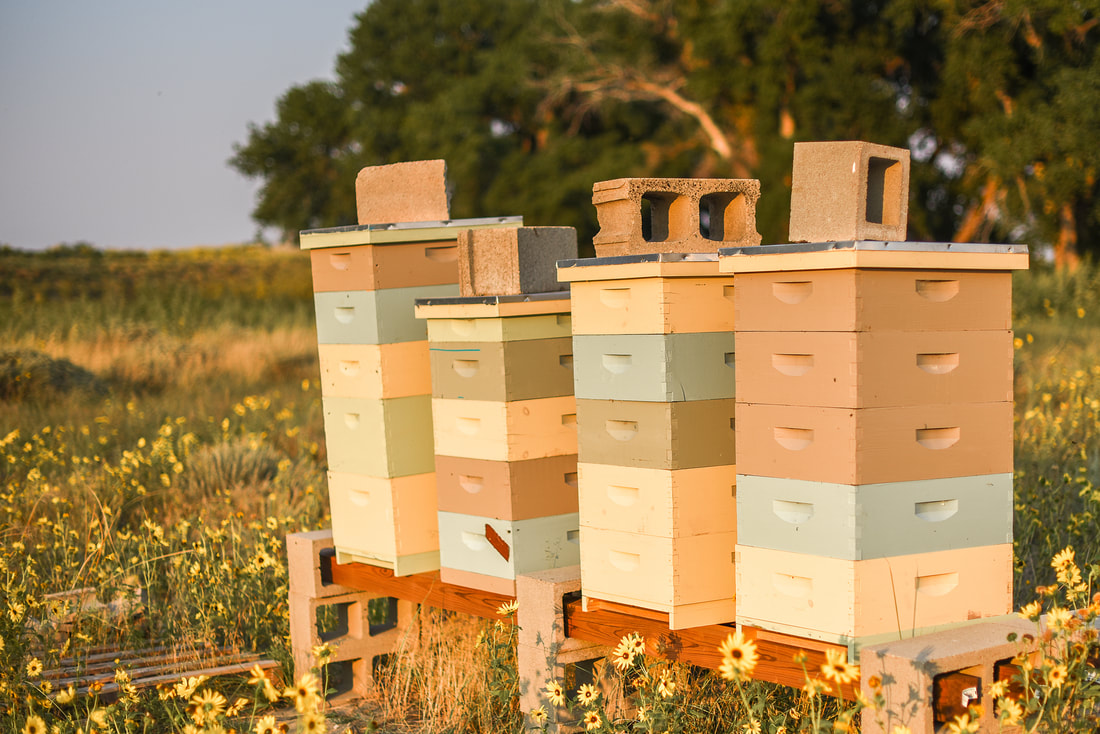
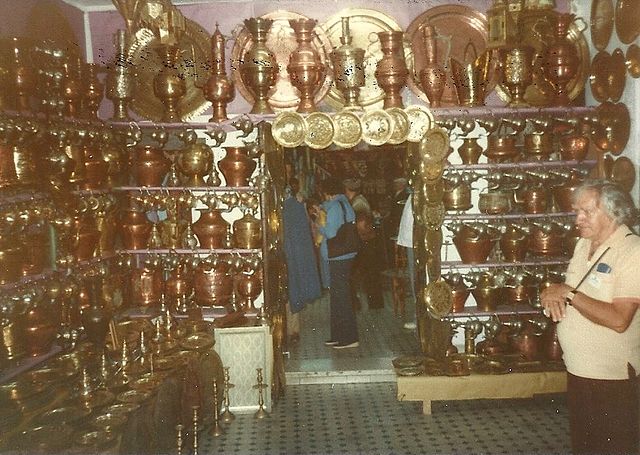
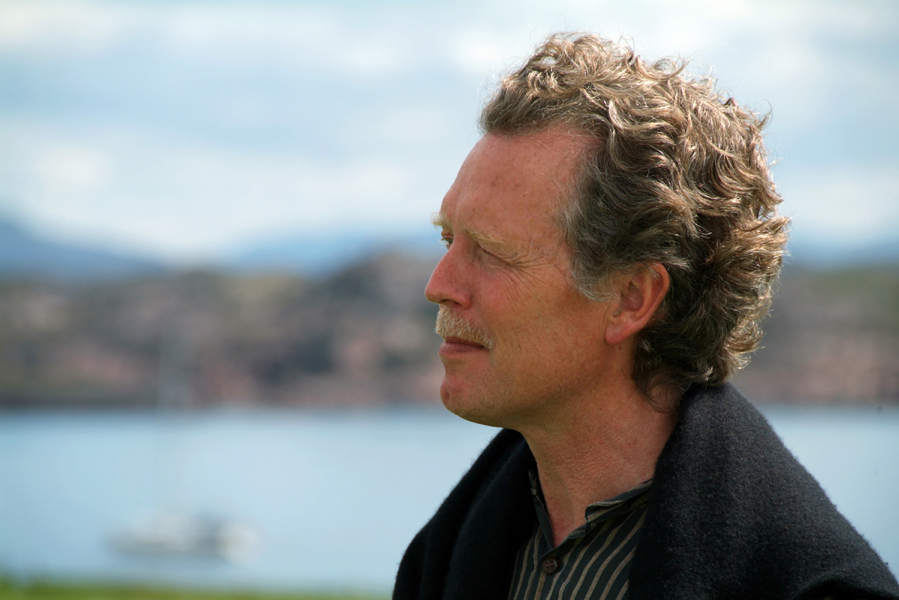

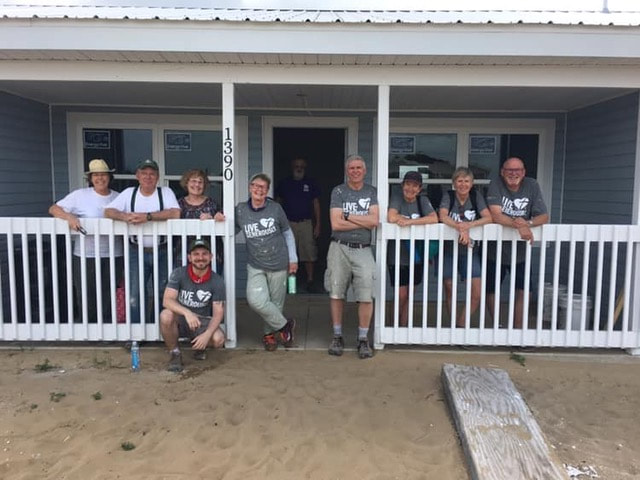
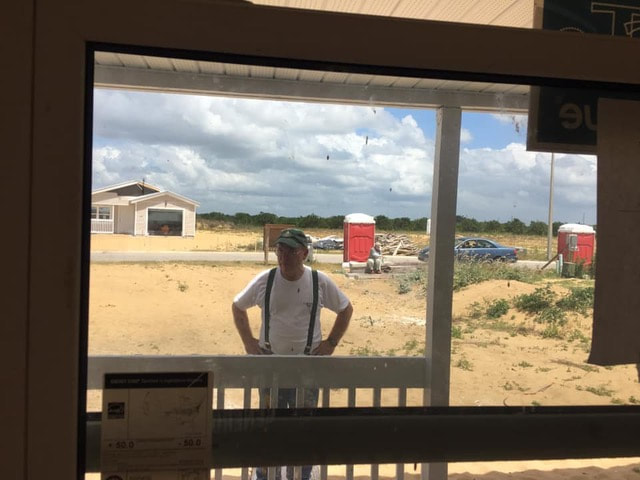
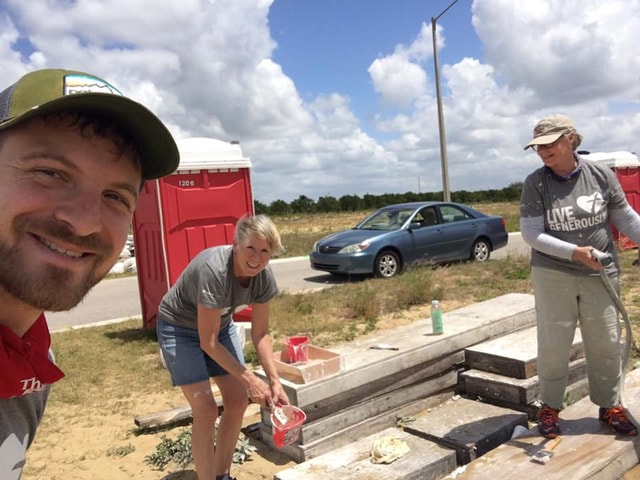

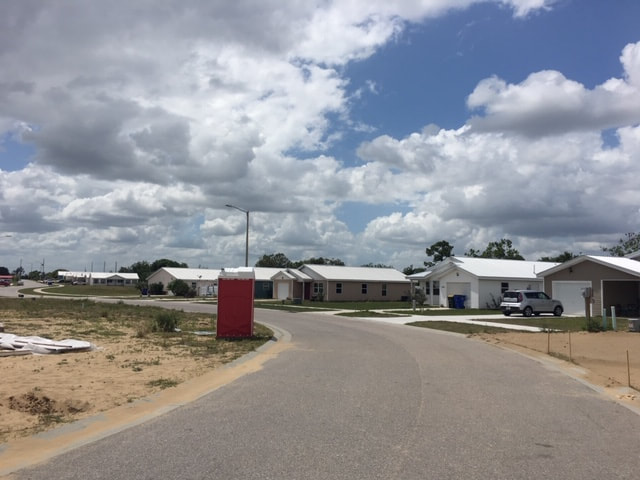
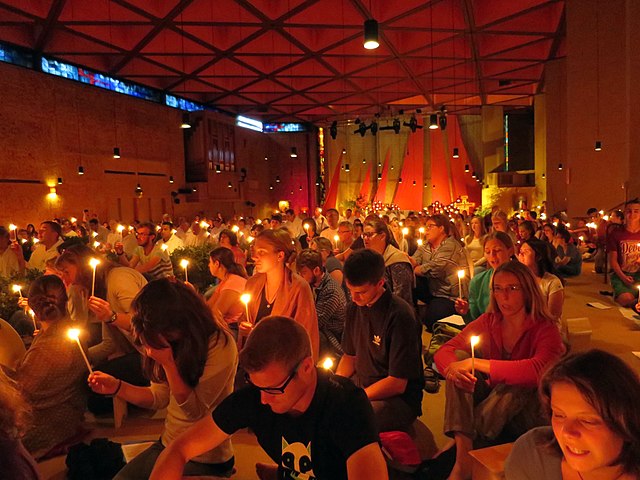
 RSS Feed
RSS Feed